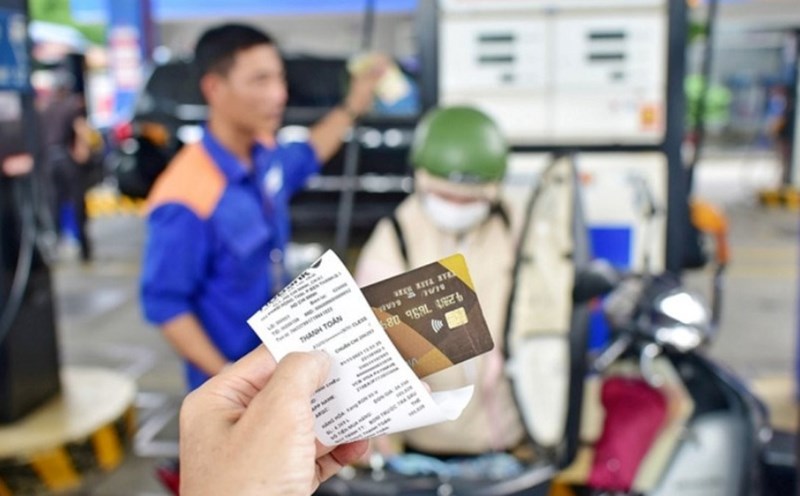Need to prepare technology infrastructure and change thinking
Speaking at the Workshop "Regulations on electronic invoices for households and individuals doing business according to Decree 70/2025/ND-CP" organized by the Vietnam Tax Consulting Association (VTCA) in coordination with MISA Joint Stock Company on the morning of April 24 in Hanoi, Mr. Le Hong Quang - General Director of MISA Joint Stock Company - emphasized: The application of electronic invoices generated from cash registers is an important step in the national digital transformation process, contributing to building a transparent and modern business ecosystem.
According to Mr. Quang, this is not only a legal requirement but also an opportunity for households and individuals to professionalize their operations, gradually improve their access to capital and enhance their reputation in transactions. However, for the policy to become practical, business households need to be supported in technology, instructed on how to use software and change business thinking towards a more methodical direction.
To clarify this requirement, Ms. Nguyen Thi Cuc - President of the Vietnam Tax Consulting Association - said that Decree 70/2025/ND-CP, effective from June 1, 2025, has officially expanded the mandatory subjects for applying electronic invoices. Accordingly, all households and individuals with a revenue of VND1 billion/year or more will have to use electronic invoices generated from computers that connect data with tax authorities.
In addition to the regulation on subjects, the decree also adds content on the time to establish invoices for exported goods and services in large quantities; encourages consumers to get invoices through promotional programs and accumulation points. At the same time, tax authorities are guiding households to apply a simple accounting regime according to Circular 88/2021/TT-BTC to facilitate the determination of revenue, expenses and tax obligations.
The application of electronic invoices is a necessary step in modern tax management. But to implement effectively, there needs to be coordination between tax authorities, technology enterprises and proactiveness from business households" - Ms. Cuc said.
Helping business households operate smoothly, reducing legal risks
From experience working with many business households, Ms. Le Thi Yen - Director of Hanoi Tax Consulting Company Limited - said that the biggest obstacle at present is not legal regulations, but the awareness and ability to access technology of business households.
Many households still have a small business mentality, are not used to using software, and do not clearly understand their tax rights and obligations. In particular, in localities and rural areas, the elderly are almost unable to operate electronic invoice software, while they also do not have specialized accountants to support them Ms. Yen stated the reality.
She also said that the implementation of electronic invoices according to Decree 70 requires direct support and on-site training, especially for fixed-term businesses such as restaurants and retail stores. The support of technology enterprises will help households reduce legal risks, operate more conveniently and improve compliance.











